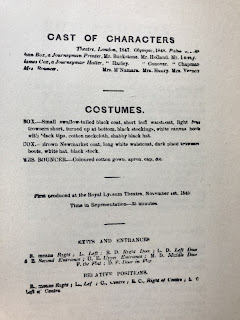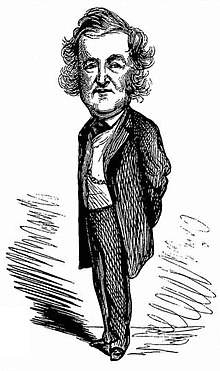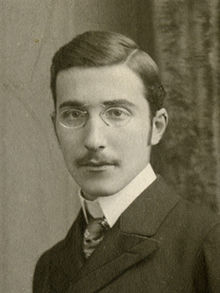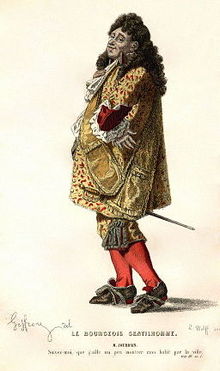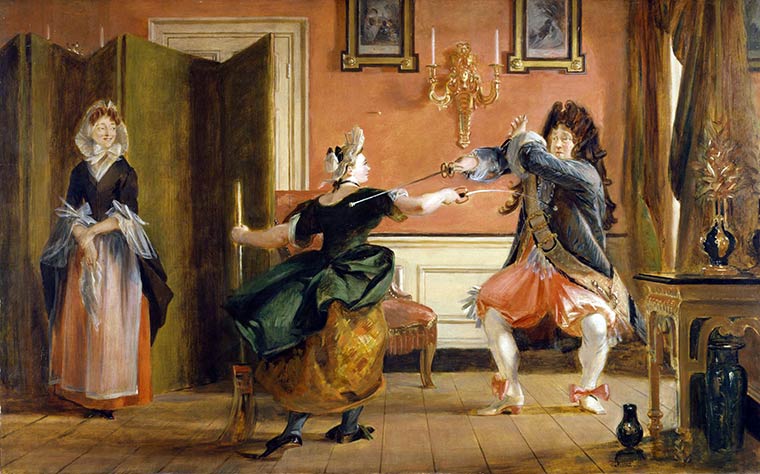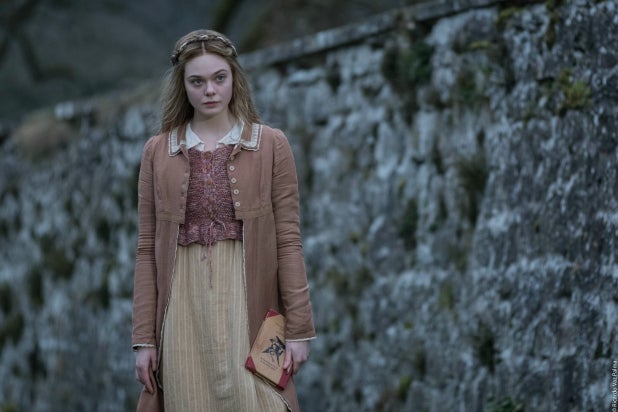Periodically in these reviews, I feel the need to revisit the question (mainly to demonstrate that I am aware that it exists) of why I should bother to write a commentary on these works of literature that are already so well known and expertly explained by the greatest and most interesting minds spanning many centuries. Of course I am not really trying to explain anything to anybody, if I ever was doing that, other than my own experience of this as a kind of pilgrimage, and the particular landscapes, or countries, or ages, through which it passes, and the impressions, fleeting thoughts, or even crossing of paths with the occasional fellow traveler I encounter there. It is a class of narrative I have always been fond of and I thought it at least possible that the cumulative effect of noting my reactions and how they intersected with what was going on in my mind over a long period might add up to something of interest.

Coming to this especially evoked that feeling of having arrived via some fog-shrouded forest path in a remote and strange, if somewhat jolly old hall, perhaps a somewhat more modest version of the castle of Chambord, where the play had its debut before King Lewis XIV to cap off a day of hunting, the entire theatrical company and its sets, costumes, musical instruments, etc, having been brought down on a four day's journey from Paris at great expense. This great cultural epoch of later monarchial France has, I feel, grown especially far away from me in these last years. While it never occupied a central place in my studies or the formation of my worldview, I did have in my youth some basic familiarity with the art and philosophy and history and architecture of that age, but then for many years it seems I did not follow up much on this foundation and I got rather old. But there is considerable charm in revisiting its literature, especially in contrast with the unrelentingly dark and despairing art of our present age, and for most of the entertainment I found it highly pleasing to be back among such spirits.
The I.W.E. introduction contains nothing I find to be of interest so I am skipping over it.
Act I (p.329) The Music Master: "But you can't live on applause; praise alone won't pay the rent...the best hand people can give us is a hand with cash in it."
Act III (pps. 352-3) Nicole: "I've also heard, madame, that to top it off he took on a philosophy teacher today." M. Jourdain: "Quite right. I want to sharpen my wits, and be able to discuss things among intelligent people." Mme Jourdain: "One of these days you'll be going to school to get yourself whipped, at your age." M. Jourdain: "Why not? I wish to heaven I could be whipped now, in front of everybody, if I could know what one learns in school."
This sounds eerily like me doing this blog.
Chambord Castle, where the Bourgeois Gentleman had its debut. When I was searching online for a picture, I was startled that one of the first images to come up was of my old French teacher in Boston from the early 2000s, who has since returned to France, posing in front of the chateau. That had not happened to me before.
I read this in the 1957 Modern Library edition of Eight Plays by Moliere which should be pictured somewhere in here. Readers in the more egalitarian, culturally striving 1950s and 60s found this more personally offensive. The brief introduction for what they translate as The Would-Be Gentleman observes (and then engages in wild-eyed speculation) that:
"Citizens of a different world, a different time, are likely to feel a certain sour aftertaste on reading the play. The immense mockery of the Bourgeois, whose only offense is that he wants to be a gentleman, seems to us, who are not gentlemen either, excessive, even repellent. Monsieur Jourdain's desire for instruction, for excellence, is admirable rather than ridiculous. We note that the representative of the nobility is a thoroughgoing scoundrel, who belongs in jail and not the king's suite. We sympathize with Madame Jourdain's candor and with Cleante's manly statement of his pride in the bourgeois tradition. Are such reactions due merely to the changed social situation, or did Moliere consciously hint at social criticism? The spectator of the play had no time for such reflections; the reader has a right to say that Moliere's words have taken on a new meaning which he could not have intended. Perhaps; but I think Moliere knew what he was saying."
Sadly, the play is much more socially relevant again today with regard to education, marriage prospects, and so on, which have become more widely segregated by social status again, as well as I suppose great talent in isolated instances.
Monsieur Jourdain is in the pantheon of iconic characters of the post-Renaissance European theater. I am more sure of this having actually read the play, it is something one feels when the character is before you. He is so thoroughly ridiculous, and so thoroughly earnest and determined in his ridiculousness, that he achieves a singularity of person that goes beyond mere type and makes him inimitable. The play doesn't achieve immortality, I don't think, without this quality. His anger at his parents for not educating him properly, his middle-aged self hatred, his inability to accept himself, his idolatry of his social betters, is genuinely humorous, but in that way that is ultimately heartbreaking at the same time, which is why it has been able to have the effect that it does have and would appear on a surface description to be lacking.
Act III (p. 363) "I display for a certain person all the ardor and affection conceivable. I love only her in all the world; I have her alone in my thought; she has all my devotion, all my desires, all my joy; I speak only of her, I think only of her, I dream only of her, I breathe only for her, my heart exists only for her..." Cleonte's over the top expression of his love is a fine example of concise theatrical presentation.
p. 372--Monsieur Jourdain, in response to his wife's intelligent plea on Cleonte's behalf: "Those views reveal a mean and petty mind, that wants to remain forever in its base condition."
Act IV (p. 378) Dorante (M. Jourdain's noble friend), at the expensive dinner Monsieur has given: "...the wine with a velvet bouquet, somewhat young and saucy, but not to the point of impudence..." "Impudence" lol.
Madame Jourdain is funny.
Each act in the original performance ended with a song and dance number which one obviously misses in reading.
The ending does not really work (can you even do it in a performance anymore?--M. Jourdain's friends play at being "Turks" and bestow on him the title of "Mamamouchi"). Mostly it just isn't funny, it goes on too long and in general is not in line with the rest of the play, which is rather pointed and witty.
Challenge Time
1. Margaret Atwood--The Testaments...........................................................................11,627
2. Chinua Achebe--Things Fall Apart.............................................................................3,118
3. I Love Lucy (TV Show)...............................................................................................2,157
4. Gentlemen Prefer Blondes (movie-1953)....................................................................1,148
5. The Great Dictator (movie-1940)..................................................................................900
6. Julia Quinn--An Offer From a Gentleman.....................................................................596
7. Mary Shelley--The Last Man.........................................................................................240
8. Viviana Durante--Ballet: The Definitive Illustrated Story.............................................217
9. Sandra Ingerman--The Book of Ceremony.....................................................................201
10. Moliere (movie--2007).................................................................................................166
11. Dorothy Dunnett--The Unicorn Hunt.............................................................................72
12. G. K. Chesterton--Charles Dickens................................................................................18
13. New Order--"Ceremony" (song--1987)...........................................................................16
14. Hesiod--The Homeric Hymns..........................................................................................11
15. Marilyn Manson--"The Fight Song" (song--2001).........................................................10
16. Christopher Durang--The Marriage of Bette and Boo......................................................8
1st Round
#1 Atwood over #16 Durang
Durang is a "troubled marriage" play from 1973, and even though those types of works tend not to have aged well, I was tempted to take it over the sequel to The Handmaid's Tale. However I have kind of made it a rule for the time being to stick with powerhouse authors and overwhelming favorites, especially in the first round, where no mitigating circumstances intervene.
#2 Achebe over #15 Manson
This is quite a matchup. I tried watching the video for this Marilyn Manson song. It's really not my kind of thing.
#14 Hesiod over #3 I Love Lucy
Speaking of stellar matchups.
#4 Gentlemen Prefer Blondes over #13 New Order
While New Order is, or at least was at one time, more in my line of musical taste, this particular song does not do much for me either.
#12 Chesterton over #5 The Great Dictator
I do like that I have a couple of classic movies that I haven't actually seen before to add to that list.
#6 Quinn over #11 Dunnett
In the battle of the genre books, Quinn is shorter.
#7 Shelley over #10 Moliere
#9 Ingerman over #8 Durante
Ingerman wins on length and for appearing to be a more conventionally readable book. Viviana Durante is a well-known real Italian ballerina however, and a lovely specimen of an artistic European person for us, so she merits a picture, as long as it stays up.
Quarterfinals
#1 Atwood over #14 Hesiod
This is another shaky win for Atwood in an unconventional matchup where I am not sure of the form of the Hesiod book and whether I would get anything out of trying to read it.
#2 Achebe over #12 Chesterton
A good matchup here. I would like to get to both of these authors someday. Achebe is probably more essential in contemporary literary culture, especially the mainstream of it.
#9 Ingerman over #4 Gentleman Prefer Blondes
#7 Shelley over #6 Quinn
A pretty strong final four.
Semifinals
#9 Ingerman over #1 Atwood
Ingerman benefited from favorable opponents to get to this point, but her book is just the right length and level of seriousness to take out a #1 seed I was looking for an excuse to defeat
#7 Shelley over #2 Achebe
Everything was set up for Achebe to break through and win the tournament, but going up against another well-regarded book with an upset factor spelled doom in the semifinal game.
Championship
#7 Shelley over #9 Ingerman






